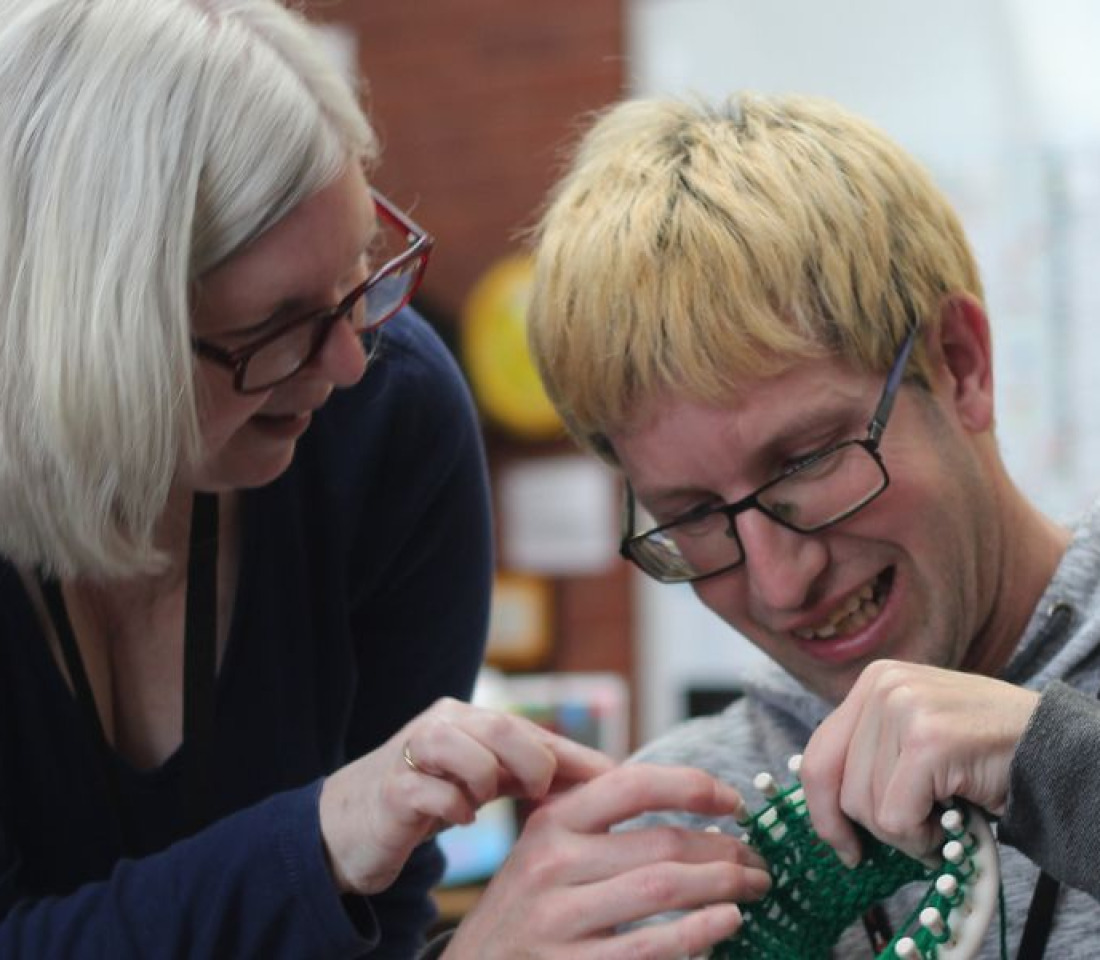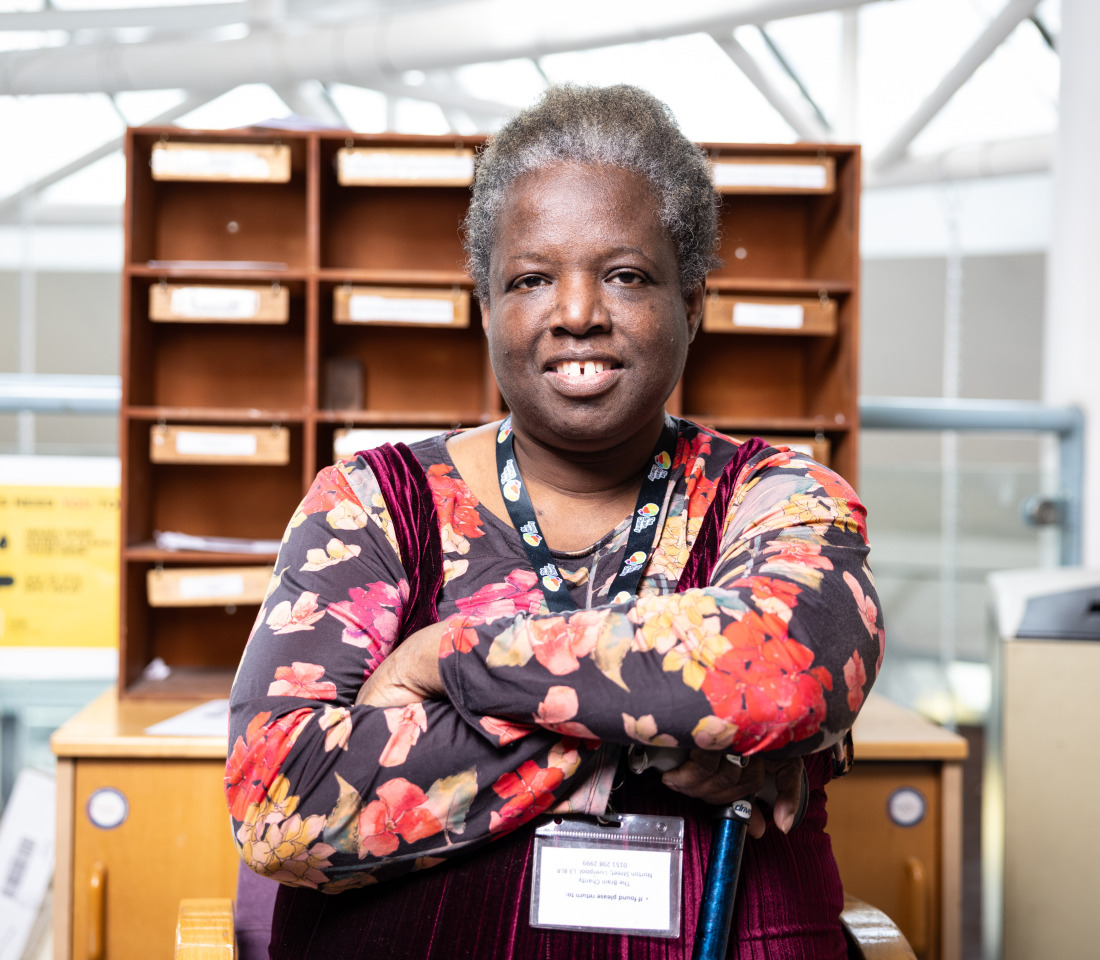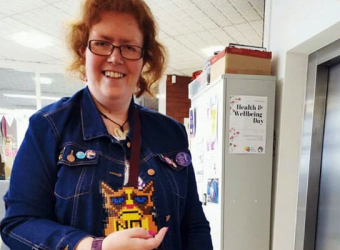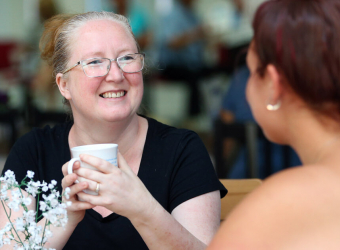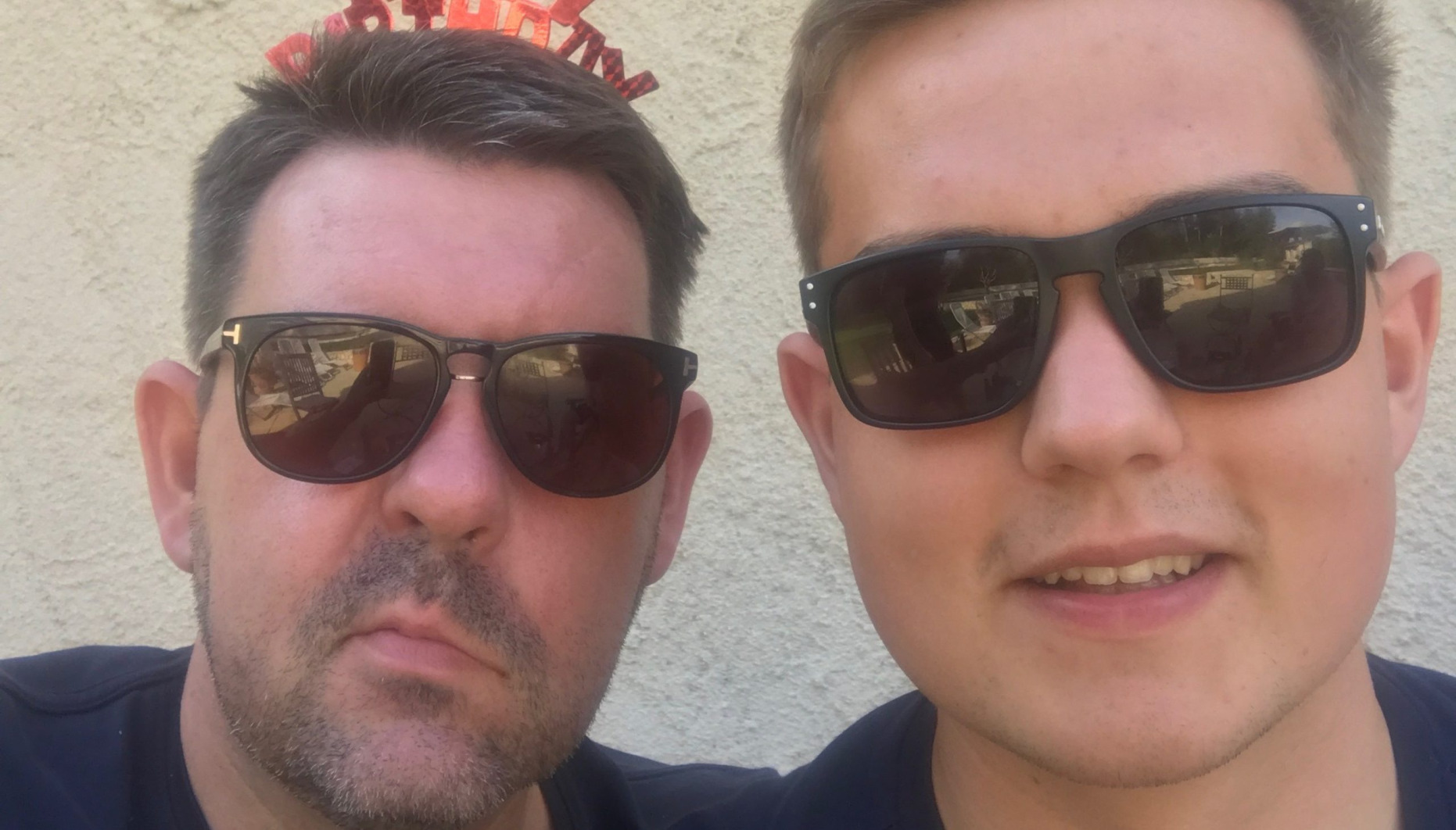
Matt’s stroke story: “The Brain Charity gave me direction and purpose”
Now in his late 40s and from the North West, Matt has spent most of his working life in the hospitality industry. He was used to fast-paced, physically demanding roles—often clocking up over 45,000 steps a night while working in busy restaurants. But everything changed when Matt began experiencing unexplained symptoms. Initially diagnosed with Bell’s palsy, he later discovered he had suffered not one but three strokes—the third of which had a profound impact on his ability to walk, talk, and function day to day.
Now, years later, Matt is continuing his recovery journey. He’s regained much of his mobility and speech, but he says The Brain Charity’s support has been vital in helping him rebuild his confidence, find community, and look forward to the future again.
A series of undiagnosed strokes
Matt believes the first signs of trouble began when he experienced facial tingling and paralysis—symptoms that were initially attributed to Bell’s palsy. But following his third and most serious stroke, MRI scans revealed brain scarring consistent with earlier, undiagnosed strokes.
Looking back, Matt says those early strokes triggered changes in his personality and mood, leading to job loss and episodes of depression.
He said:
“It all started to make sense afterwards—why I’d been feeling the way I had and why everything in my life seemed to be going off-track.”
Learning to walk and talk again
Matt’s third stroke was devastating. He lost the ability to walk and speak and spent six months in intensive physiotherapy, working with health professionals to gradually regain function.
“It was the biggest challenge of my life. Those first few months were the hardest. I had to relearn everything—from walking to talking to doing up a button.”
He was referred to a speech and language therapist to help him recover his voice. Though he can now communicate well, fatigue remains a major challenge, sometimes affecting his speech and causing a stutter.
Support from The Brain Charity
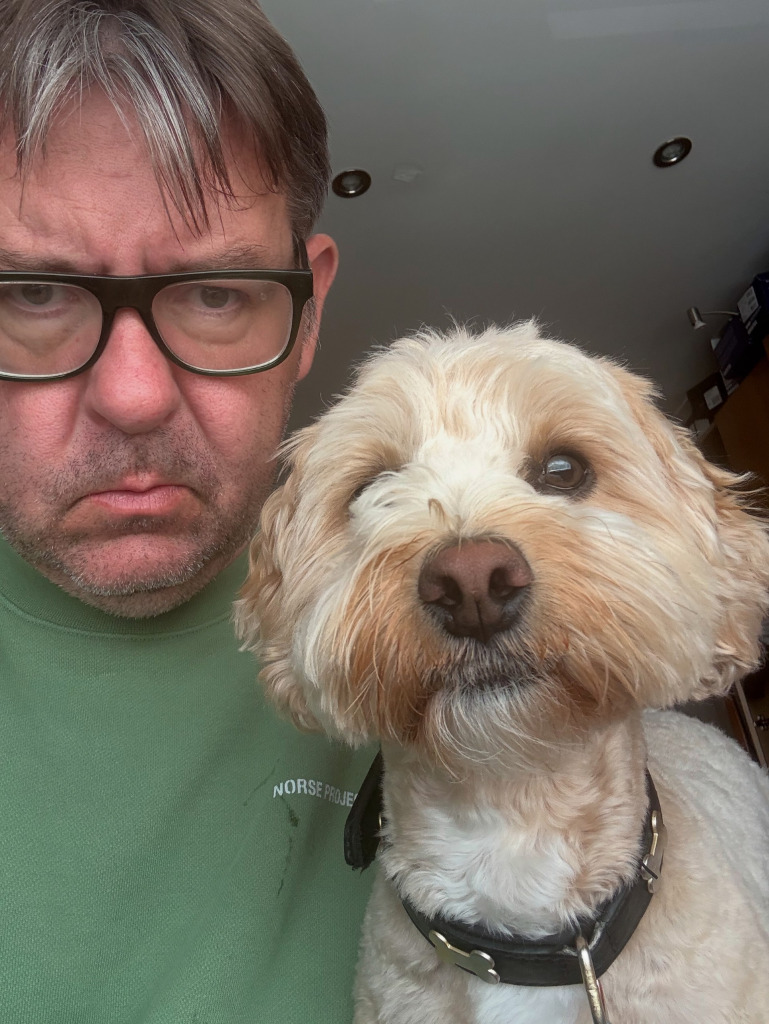
After being referred to The Brain Charity, Matt began attending confidence-building and back-to-work courses, which he credits as a turning point in his recovery.
“Before, I felt isolated and alone. But at The Brain Charity, I realised I wasn’t the only one. It gave me a sense of community, of purpose. It helped me to help others, too.”
He also took part in an employability course, which helped him identify transferable skills and consider returning to the workforce practically. Now, he’s determined to find a sustainable, supportive career where he can contribute meaningfully while also managing the lasting effects of his stroke.
Building bonds and giving back
Matt developed a particularly close relationship with Karen, a staff member at The Brain Charity.
“She’s amazing. She pushes me and challenges me, but she also really listens. She’s been such a great source of advice and support.”
Encouraged by Karen, Matt began taking online courses and hopes one day to assist in delivering workshops himself, giving back to others just as he was helped.
Finding confidence, community and purpose
Matt’s story is one of remarkable resilience. From walking 45,000 steps a night to struggling with basic movement, from losing his speech to regaining it—he’s faced immense challenges. But with determination, professional help, and a strong support network, he’s charted a new path forward.
“The Brain Charity gave me direction. It gave me hope. I’m a big advocate of their work and want to help spread the word about how life-changing that support can be.”
Categories: Confidence Coaching, Employment
Published: 1 July 2025

